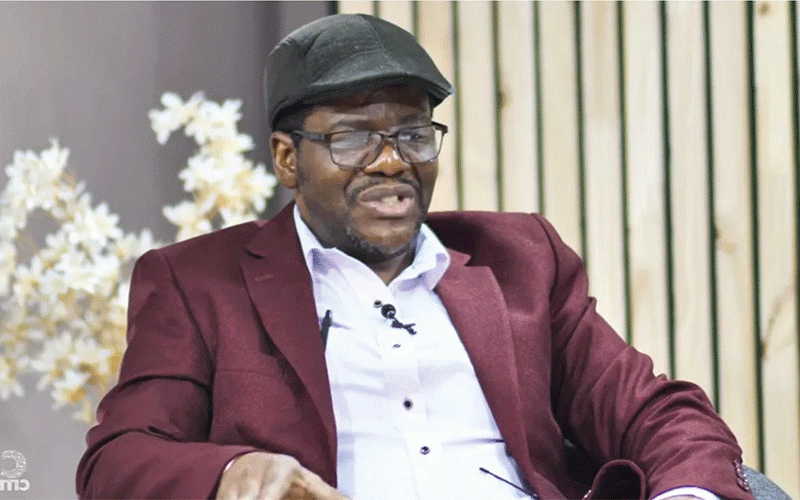
RHODESIA’S internal settlement of 1978 between Ian Smith’s colonial regime and moderate Africans, leading to the election of Bishop Abel Muzorewa as Prime Minister, failed to douse the raging flames of the armed struggle.
Neither did it pacify the restive population, nor its black nationalist leaders, such as the late former president Robert Mugabe and and the late former vice-president Joshua Nkomo, who were clamouring for one man, one vote.
It was a ruse cobbled together to mask the perpetuation of Smith’s illegal regime.
Smith’s gamble was premised on the vain hope that by incorporating Muzorewa into the government, the international community would remove sanctions imposed against Rhodesia in 1965 while de-escalating military hostilities which were crippling the colonial economy.
Above all, he hoped that Africans now in government would neither repossess land from the 220 000 white people in Rhodesia at the time, nor strip them of the outrageous privileges they enjoyed while Africans suffered.
However, the experiment was doomed.
His agreement with Muzorewa, Chief Jeremiah Chirau, and Ndabaningi Sithole is heavily criticised because it excluded Mugabe’s Zanu and Nkomo’s Zapu, the most popular movements that represented disenfranchised Africans. Despite Muzorewa’s sham victory, hostilities continued.
Sanctions imposed on Rhodesia remained intact. Within the region, frontline state leaders such as Kenneth Kaunda, Samora Machel, and Julius Nyerere acknowledged that the only peaceful solution to end Rhodesia’s protracted war had to include Mugabe and Nkomo. They were right.
- The sober view: Morning after harmonised elections
- Proposed Zanu PF, Tshabangu coalition govt doomed
Keep Reading
Muzorewa’s government was short-lived.
In 1979, Britain convened the Lancaster House conference, which included Zanu and Zapu, finally leading to Independence in 1980. Exactly 45 years after Zimbabwe attained Independence, President Emmerson Mnangagwa and the ruling party appear to be borrowing from Smith’s script by cosying up to Sengezo Tshabangu’s Citizens Coalition for Change (CCC).
Tshabangu and his followers, who are widely perceived to be pliant Zanu PF proxies, were parachuted into the House of Assembly after they hijacked the CCC from Nelson Chamisa following the disputed 2023 elections.
This week, our sister paper, The Standard, reported that Tshabangu, who imposed himself as CCC’s secretary general, had reached out to Zanu PF, pleading for the formation of a coalition government with his camp, thereby deferring elections — due in 2028 — by two years.
Shockingly, Tshabangu’s overtures have been well-received by the ruling party, with Zanu PF’s spokesperson Chris Mutsvangwa quoted as saying: “It is a very noble idea, and it is important that we build rapport and understanding… so that we incorporate the ideas of the Zimbabwe we want.”
Within Zanu PF, Mnangagwa’s loyalists are also plotting to extend his tenure beyond 2028, when his second term constitutionally ends. Zanu PF is making a monumental blunder. It will not succeed with Tshabangu where Smith failed with Muzorewa.











